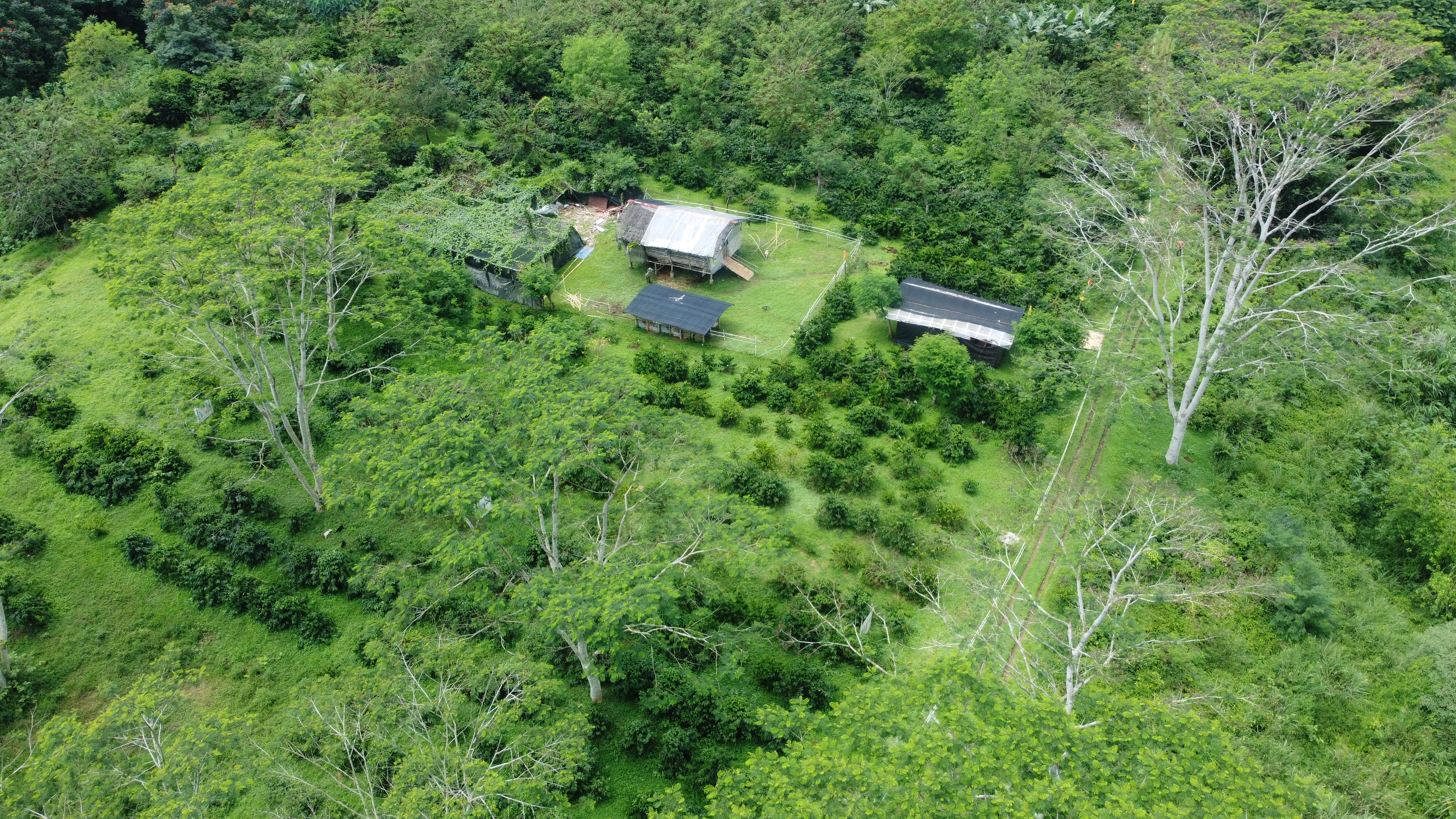A peek behind a coffee brand's latest effort to bring awareness to the coffee value chain
By Yvette Tan
By YVETTE TAN
Last week, I and a few other press people were at the Bukidnon Integrated Coffee Center (BICC) in Malaybalay. The BICC, which is co-hosted by Nestlé Philippines, has been around since 2008 and is the center of the country’s Robusta program.
Almost 90% of the country’s coffee is sourced from Mindanao, mainly from Bukidnon and Sultan Kudarat. Most coffee is produced by small farmers, 72% of which is Robusta, the preferred variety for instant coffee. Even then, our local production only accounts for 15 percent of the country’s total coffee consumption.

 The Philippine Coffee Roadmap 2021-2025 reported a 3.5 percent decrease in local coffee production and a 2.1 percent increase in coffee consumption, both in the last three years. In short, there’s a need to encourage more farmers to grow coffee and a need to help current coffee farmers increase their yield, especially given that there are projections of a looming global coffee shortage.
The Philippine Coffee Roadmap 2021-2025 reported a 3.5 percent decrease in local coffee production and a 2.1 percent increase in coffee consumption, both in the last three years. In short, there’s a need to encourage more farmers to grow coffee and a need to help current coffee farmers increase their yield, especially given that there are projections of a looming global coffee shortage.
The press were given a preview of Nescafe’s Kape’t Bisig sa Pagbangon project, which aims to increase awareness and enthusiasm for agriculture among the youth while continuing the brand’s commitment to help its partner farmers become agripreneurs.
The project, which will kick off on International Coffee Day, October 1, has two components. The first is a Tiktok challenge where Tiktokers are encouraged to lipsync and dance to the Kape’t Bisig jingle to bring awareness to the importance of Filipino coffee farmers.
The second is that Nescafe has partnered with the University of Southern Mindanao, Sultan Kudarat State University, and Central Mindanao University to identify 400 beneficiary students, prioritizing children of farmers in agriculture-related courses to be awarded 25,000 pesos each to fund their academic requirements for a total of 10 million pesos worth of educational assistance. The beneficiaries are 3rd and 4th year students and the one-time assistance will be sent according to their discretion.
There has been a steady decline in enrollees in agriculture courses through the decades, with farmers themselves discouraging their children from following in their footsteps because of the lack of opportunities that tilling the land has brought them. And who can blame them, when the public perception of a farmer is of a person stuck in a cycle of debt and poverty?
There are many individuals and organizations trying to change this reality by proving that when run like a business, farming can be profitable. They are also trying to educate the public that working in agriculture does not necessarily mean needing to own a farm.
It is hoped that endeavors like this will help encourage students to continue pursuing a career in agriculture. The global average age of a farmer is near senior, and there is a worldwide need for more young people to work in agriculture or else literally everybody is at the risk of starvation.
This is very important in the Philippines, which likes to delude itself into thinking that it’s an agricultural country while its farmers remain the poorest of the poor, with no one batting an eyelash at this inconsistency.
Education is important if we want to really become an agricultural nation. Our farmers should be empowered as businesspeople; our agriculture workers should be paid at least middle class wages; and our citizenry should be alerted to the active role they play in the country’s bid for food sovereignty by virtue of simply needing to eat. People need to understand that an “agricultural country” that needs to import a majority of its basic food needs such as rice and coffee is fooling itself by spouting things like “pushing for food security” while failing to lay the groundwork to make it so.
In terms of coffee at least, the Philippine Coffee Roadmap’s short-term goal is to increase the average yield of coffee growers to two metric tons per hectare (from a baseline crop yield of 235 kg/ha in 2018-2019) by 2026, increasing the country’s self-sufficiency to almost 40 percent from the current 15 percent as well as increasing income across the coffee value chain.
Kape’t Bisig is just part of Nescafe’s overall contribution to this endeavor. It also has Project Coffee+, in cooperation with German development agency GIZ. The project introduced 1,500 farmers to regenerative agriculture and entrepreneurship and according to the brand, 86 percent of these farmers have since crossed the poverty threshold. Farmers in the program aren’t beholden to the company and are free to sell to whoever they want.
In 2021, farmers in the project managed to achieve an average of 900/kg per hectare, with 192 top performers increasing their yields to one metric ton per hectare and above. Results have been monitored and evaluated by the Rainforest Alliance an international NGO working with businesses to strengthen agriculture, protect forests, address climate change, and uphold people’s rights.
There’s a huge market for coffee globally, with worldwide consumption increasing even as production dwindles. The Philippines has a huge opportunity to become a major player in this market, but this can only be done if coffee farmers are properly trained in farming and business techniques and if they are well compensated for their efforts. Kape’t Bisig hopes to remind the general populace that coffee farmers exist, and that when done properly, can be a viable career option for agriculturally-minded and profit-oriented youth.